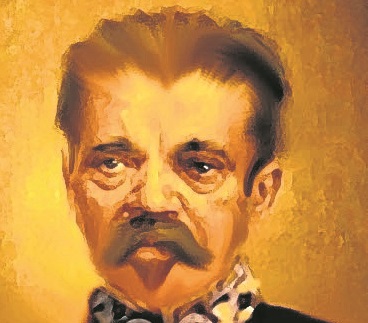Days ago, more precisely on February 20, we remembering Argentines remembered the Battle of Salta, which occurred in that northern capital – more precisely in Campo Castañares – In the year 1813, an epic battle in the fight for our National Independence, in which our compatriots from the Northern Army, commanded by Don Manuel Belgrano, defeated the royalist troops, in a fight that, due to its planning, is the subject of study and analysis in the different military schools, not only in our country but in others around the world.
Many Creoles stood out in that combat, as our commander informed the higher national authorities in turn.
But today I want to highlight a soldier who, with his knowledge of the site, provided Belgrano with essential information to outline the successful strategy deployed: I am referring, as announced in the title, to Captain José Apolinario Saravia, nicknamed “Chocolate.” € for his dark complexion.
In fact, he was the son of Colonel José Saravia, owner of a farm in the vicinity, who despite having completed his secondary education in the port city, He had grown up in that area and his knowledge of it was such that he pointed out hidden and little-known trails in the mountains to Belgrano, which he used to organize his successful strategy.
His service to the Homeland was not limited only to that, let’s see.
He was born in the capital city of Salta in 1791, and was sent by his family to Buenos Aires to complete his studies, after which in 1810 He joined the Auxiliary Army of the Interior Provinces and went on the First Aid Expedition to Upper Peru, having played an outstanding role in the battles of Suipacha and Huaqui.
Incorporated into the Northern Army He participated in the Battle of Tucumán in 1812, prior to that of Salta, and was wounded in Vilcapugio, later serving under the orders of General San Martín.
He was a pillar of the fight against the royalists, and then alternated his military life with politics, dying in his hometown in 1844, not surviving an attack on his life.
His memory is remembered with streets, public places and squares throughout the country and, especially with a thriving town that bears his name in his native province.
So far, in brief summary, the life of another of our brave men, with a not very well-known but essential career.
To him, our respectful memory.
* Member of the Belgranian National Institute, number member of the Board of Historical Studies of Neuquén
